Parents being “concerned” and “angry” doesn’t equate to them being “afraid” by Man of the Atom Note 1: this post will also appear on Substack shortly, for various levels of shortly. Note 2: I am purposefully not including direct references to quotes, paraphrases, or summaries from the four books that I use as my primary…
Tag: ComicBooks

The American Comics Codes, Part A
US historical background (1946 to 1954); the “Delinquency Problem” by Man of the Atom This is a series of three posts on the American Comic Book Codes and their development. See the bottom of this article for general references used for this post, as well as subsequent posts. Specific references are also linked throughout the…

Comics History Recap and Summary of Upcoming US Comics Code Posts
Wertham, Distributors, and Gaines! Oh, MY! By Man of the Atom This is part of a cross-post with Substack. The referenced articles will appear here on Postcards one day prior to posting on Substack. Comics history is rather convoluted, and driven like the wind by external forces as often as internal ones. Beginning in 1935…
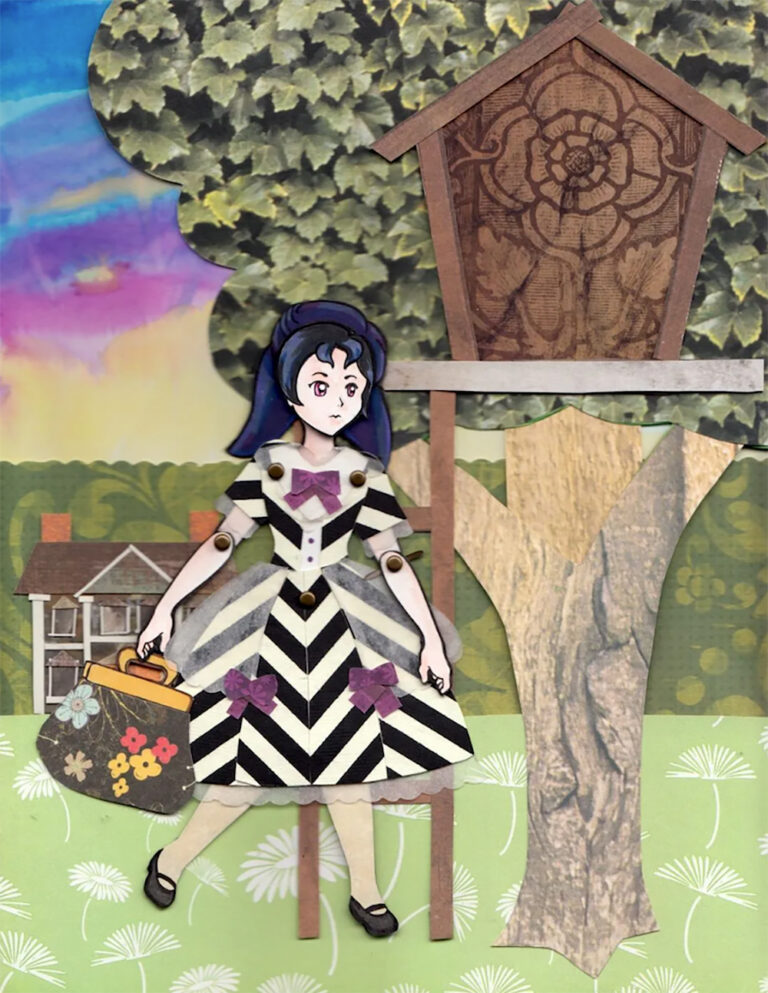
Interview with Mary MacArthur – Creator of Paper Doll Veronika
by Cactus Eater Bear Cactus: Paper Doll Veronika on Arktoons has such an interesting and intriguing look to it. What medium do you use for it? Is there a name for this style of illustrating? Mary MacArthur: The figures are hinged-limb paper dolls drawn with markers. The backgrounds and clothes are cut paper collage, using…

Attack of the Silents: When Was the “Realism” Poison Injected into DC Comics’ Superheroes?
Post 01 Post 02 Post 03 Post 04 Post 05 Post 06 As discussed in the previous articles in this series, Marvel Comics’ deterioration began in 1968 after its sale to a corporate raider, and was exacerbated by the departure of Stan Lee from editorial and writing duties in 1972. The premier of Star Wars in 1977 and Jim Shooter’s…
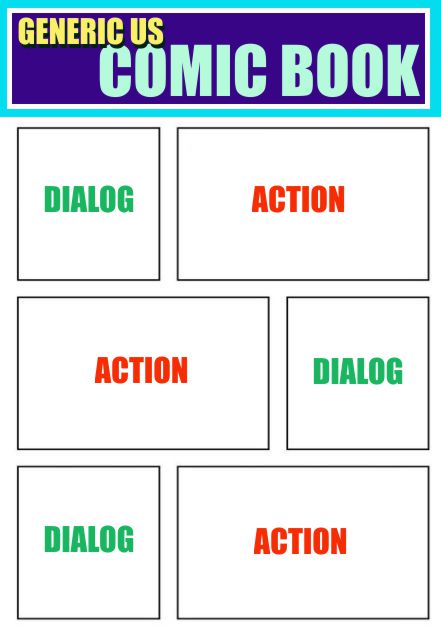
What’s Gone Missing from US Comic Books and When Did It Go Away
Post 01 Post 02 Post 03 Post 04 Post 05 Post 06 To start this fifth post on comic book history and the search for “Marvel Magic”, we first return to Jim Shooter discussing his duties as Editor-in-Chief at Marvel Comics in 1978: “The comics business went into a steep decline in the ’50s and early ’60s. During that time…
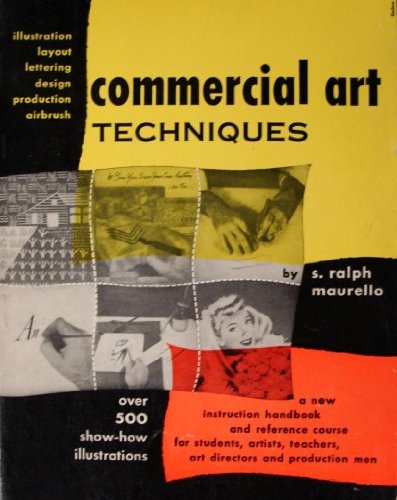
Commercial Art, Not Cheating the Reader, and Dissecting the Superhero Trope
Post 01 Post 02 Post 03 Post 04 Post 05 Post 06 In this fourth post, I will tie off the distribution discussion by addressing two points that arose in discussion with commenters on Brian Niemeier’s blog and with some folks on other forums. The first point was an question about the range of impacts of the Thor Power decision….
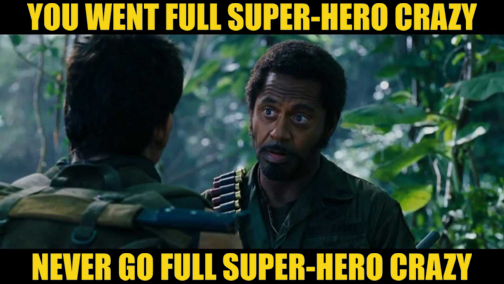
Comic Book Distribution; Putting a Stop to ‘Characters Writing Themselves’
Post 01 Post 02 Post 03 Post 04 Post 05 Post 06 The Comic Book Distribution Story: Some Highlights and Lowlifes After spending over three days reading, re-reading, and making notes, it has become clear to me that Jim Shooter’s articles on distribution really can’t be effectively summarized. His three-post series is a concise and complete story of his experiences…
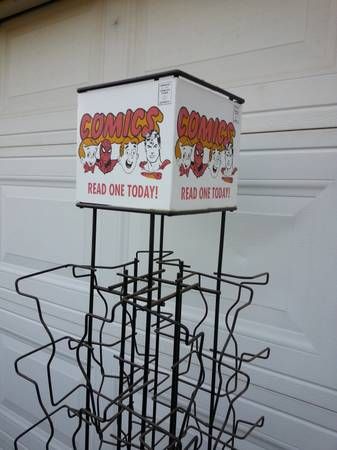
Comic Book Continuity, Timelines, and Verisimilitude
Post 01 Post 02 Post 03 Post 04 Post 05 Post 06 NOTE: While I didn’t mention it at the beginning of my first post, I want to make something clear about my posts on comic books: I do not strive to be either academically rigorous nor authoritative in my analysis. Other authors have spent a great deal of time…
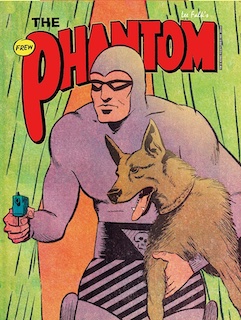
Thoughts on Comic Book History
What is a “Comic Book”?
What are comic books, or at least, what are US comic books? In the parlance of the day (the mid- to late-1930s), a comic book was a book that contained comic strip reprints, typically the Sunday funnies of popular strips (if they could get the reprint rights), short stories of adventure and humor, and some comic stories that were written and drawn by in-house staffers.
This was obviously crafted by DC Comics just before Action Comics #1 was published, right?
Yeah, no.
